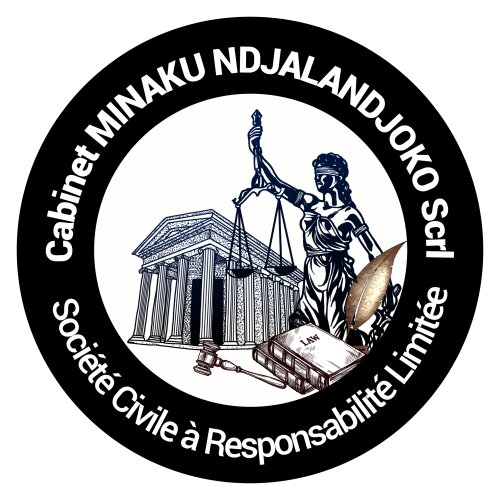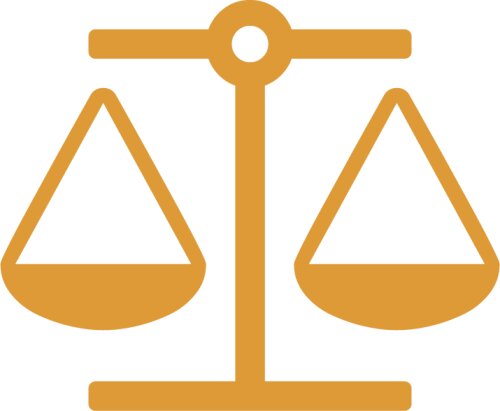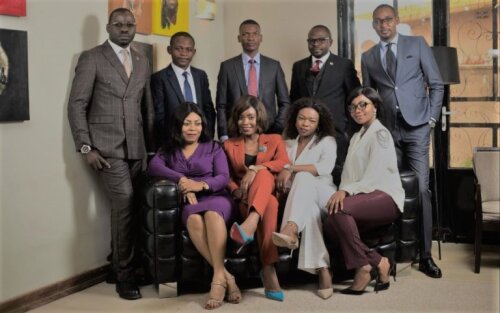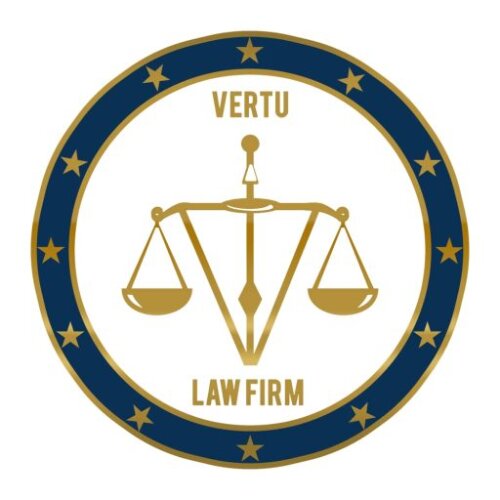Best Government Relations & Lobbying Lawyers in DR Congo
Share your needs with us, get contacted by law firms.
Free. Takes 2 min.
Or refine your search by selecting a city:
List of the best lawyers in DR Congo
About Government Relations & Lobbying Law in DR Congo
Government relations and lobbying in the Democratic Republic of the Congo (DR Congo) are intricate parts of the socio-political landscape. The field involves engaging with government officials and policymakers to influence decisions and policies in favor of certain interests. Lobbying activities typically occur in political, economic, and social spheres and aim to affect legislation, regulations, and public policy. Given the evolving political context in DR Congo, government relations and lobbying are subject to local regulations that govern transparency and ethical standards.
Why You May Need a Lawyer
Individuals or organizations may require legal assistance in government relations and lobbying for several reasons:
- Ensuring Compliance: Navigating local laws to ensure all lobbying activities comply with legal requirements.
- Negotiating Contracts: Engaging with government entities often involves contracts that demand legal scrutiny.
- Strategic Advice: Obtaining strategic guidance on how to effectively influence policy and legislative processes.
- Dispute Resolution: Addressing legal disputes that can arise from lobbying activities
- Regulatory Challenges: Understanding the implications of new or amended regulations on lobbying efforts.
Local Laws Overview
The laws governing government relations and lobbying in DR Congo are set within a framework that seeks to maintain transparency and prevent corruption. Key aspects include:
- Registration Requirements: Lobbyists may be required to register and disclose their activities and objectives.
- Ethical Conduct: Lobbying must adhere to ethical standards, prohibiting bribery or undue influence.
- Reporting: Regular reporting of lobbying efforts and expenditures to regulatory bodies.
- Anti-Corruption: Compliance with both local anti-corruption laws and international standards.
- Sector-specific Regulations: Certain industries may have additional lobbying regulations.
Frequently Asked Questions
What are the legal registration requirements for lobbyists in DR Congo?
Lobbyists may need to register with designated governmental bodies, providing details about their lobbying objectives, clients, and financial information.
How can a lawyer help if I am accused of unethical lobbying practices?
A lawyer can aid in building a defense by examining the allegations, collecting evidence, and ensuring your rights are protected throughout any legal proceedings.
Are there specific industries with stricter lobbying regulations in DR Congo?
Yes, sectors such as mining, natural resources, and telecommunications often have stricter lobbying regulations due to their economic impact and sensitivity.
How do new regulatory changes affect existing lobbying strategies?
A lawyer can analyze how new regulations impact your strategies, advising on compliance and adapting approaches to align with legal standards.
What are the consequences of failing to comply with lobbying regulations?
Non-compliance can result in penalties, legal action, or damage to reputation, emphasizing the importance of adhering to regulations.
How can transparency in lobbying benefit my organization?
Transparency can build trust with stakeholders, reduce risks of legal challenges, and improve the effectiveness of lobbying efforts.
Do I need a lawyer for every lobbying activity in DR Congo?
While not required for all activities, legal counsel is advisable to navigate complex regulatory environments and minimize risks.
How can I ensure my lobbying activities are ethical?
Establish clear internal guidelines, seek legal advice, and regularly train staff on ethical standards and compliance requirements.
What are the reporting obligations for lobbyists?
Lobbyists are usually required to submit periodic reports detailing their lobbying activities, expenses, and outcomes to relevant authorities.
Can foreign entities engage in lobbying in DR Congo?
Yes, but they must comply with local laws and may be subject to additional regulations depending on their country of origin and the sectors involved.
Additional Resources
For further assistance and resources related to government relations and lobbying in DR Congo, consider reaching out to the following:
- The Ministry of Justice: Provides updates on relevant legal frameworks and compliance requirements.
- The Ministry of Public Affairs: Offers guidance on engaging with government officials and legislative processes.
- Local Bar Associations: Can help connect you with legal professionals familiar with the landscape.
- International Anti-Corruption Organizations: Provide resources and support for maintaining ethical standards in lobbying efforts.
Next Steps
If you require legal assistance in the area of government relations and lobbying in DR Congo, consider taking the following steps:
- Consult with a legal professional specializing in government relations and lobbying to understand your obligations and rights.
- Gather all necessary documentation related to your lobbying activities to provide a comprehensive overview to your lawyer.
- Evaluate your current lobbying strategies and identify areas that may require legal adjustments to ensure compliance.
- Engage with governmental bodies or independent legal societies for additional advice and clarification on applicable laws.
- Stay informed about legislative changes that may affect your lobbying efforts by subscribing to relevant updates from legal publications or governmental notifications.
Lawzana helps you find the best lawyers and law firms in DR Congo through a curated and pre-screened list of qualified legal professionals. Our platform offers rankings and detailed profiles of attorneys and law firms, allowing you to compare based on practice areas, including Government Relations & Lobbying, experience, and client feedback.
Each profile includes a description of the firm's areas of practice, client reviews, team members and partners, year of establishment, spoken languages, office locations, contact information, social media presence, and any published articles or resources. Most firms on our platform speak English and are experienced in both local and international legal matters.
Get a quote from top-rated law firms in DR Congo — quickly, securely, and without unnecessary hassle.
Disclaimer:
The information provided on this page is for general informational purposes only and does not constitute legal advice. While we strive to ensure the accuracy and relevance of the content, legal information may change over time, and interpretations of the law can vary. You should always consult with a qualified legal professional for advice specific to your situation.
We disclaim all liability for actions taken or not taken based on the content of this page. If you believe any information is incorrect or outdated, please contact us, and we will review and update it where appropriate.
Browse government relations & lobbying law firms by city in DR Congo
Refine your search by selecting a city.














